#gaulle
Text
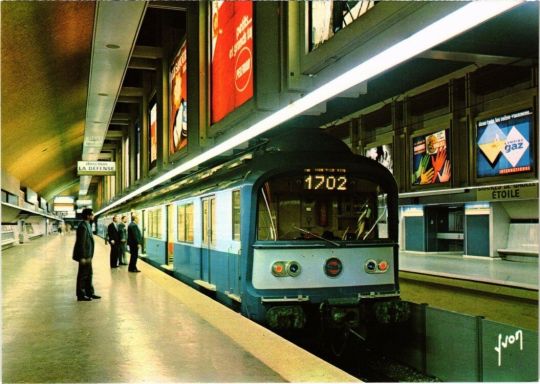
"Charles-de-Gaulle-Étoile" subway station in Paris
French vintage postcard, mailed in 1985
#tarjeta#station#postkaart#paris#1985#sepia#toile#charles-de-gaulle-étoile#gaulle#historic#charles#photo#postal#briefkaart#de#photography#mailed#vintage#ephemera#ansichtskarte#old#postcard#french#postkarte#carte postale#subway
37 notes
·
View notes
Text
West virginia gay porn Welcome back to , I found
Humiliation in the prison cell makes Sienna Day scream during anal stuffing
Ladyboy seduced by future boss big cock fucking and cumshot
NOVINHA BRINCANDO COM AS TETINHAS ESCONDIDA
Ebony Goddess Sarai Minx Interracial Breeding
Slave gay sex stories free xxx Jamie Gets Brutally Barebacked
Sex stories camp young gay boy Levi is hungry for dick, the gifted
Skinny polish teen Lina sex
Sexy Latina Fucked In an Orgy
Bubble butt Julianna Vega takes money to make love
#inordinate#Gabes#Samanthia#blatters#craftsmanship#scarabia#academias#extrascientific#barvell#autolith#Haiduk#aldoxime#Gaulle#brimmered#Sandstrom#LSC#barlows#hydrophorous#Benthamism#reconform
0 notes
Text

Dessins du Vendredi 😁 ....😏




Dessins de presse de Man, Gros Placide, Chaunu, Goubelle.
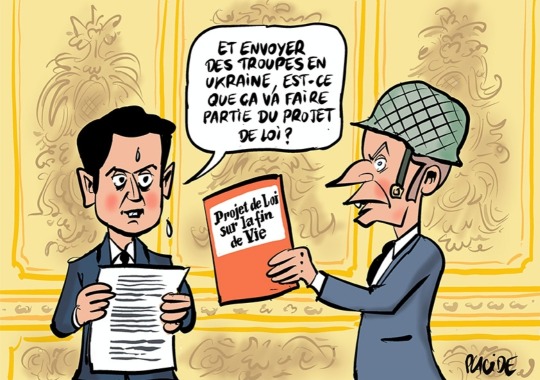
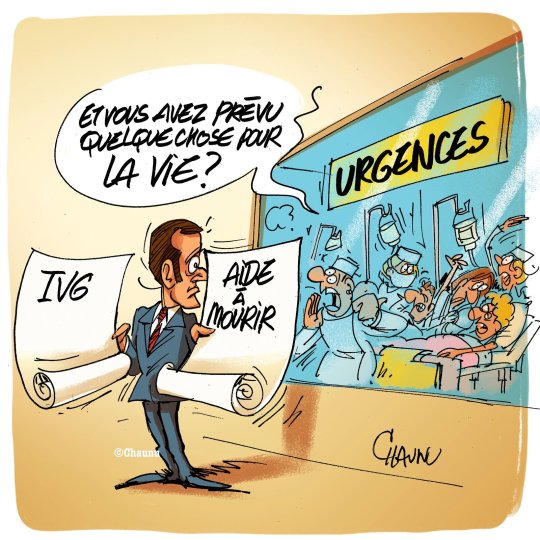
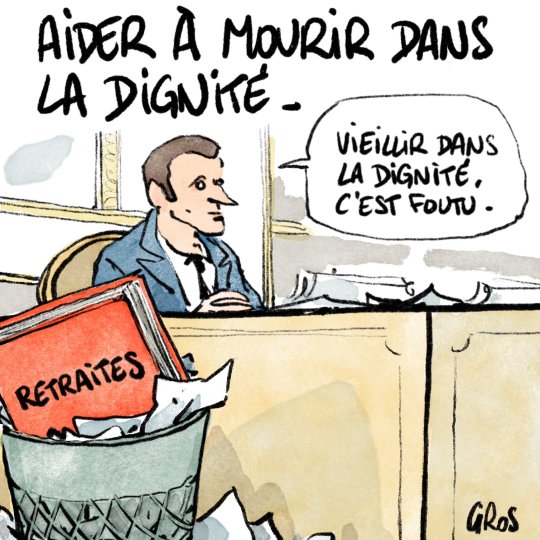
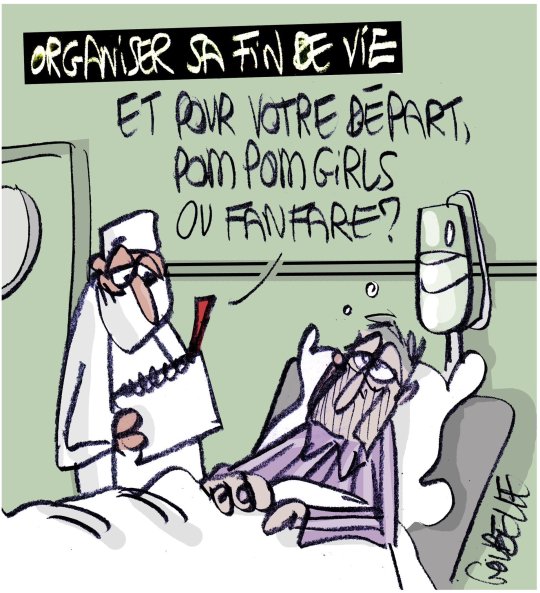
👋 Bel après-midi
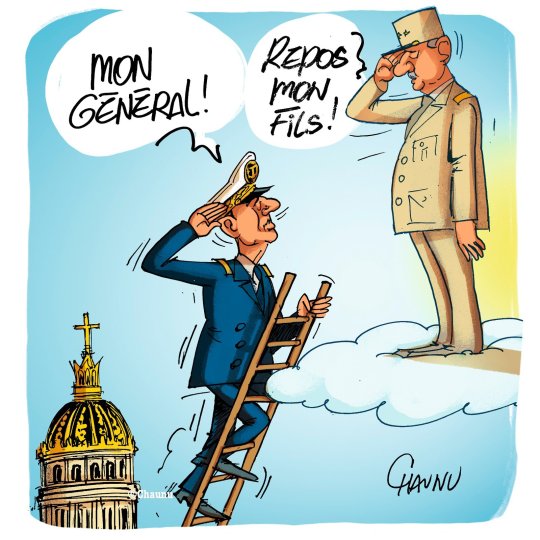
#art#dessin de presse#illustration#humour#funny pics#actualité#man#gros#placide#chaunu#goubelle#macron#guerre ukraine russie#fin de vie#philippe de gaulle#bel après-midi#fidjie fidjie
38 notes
·
View notes
Text
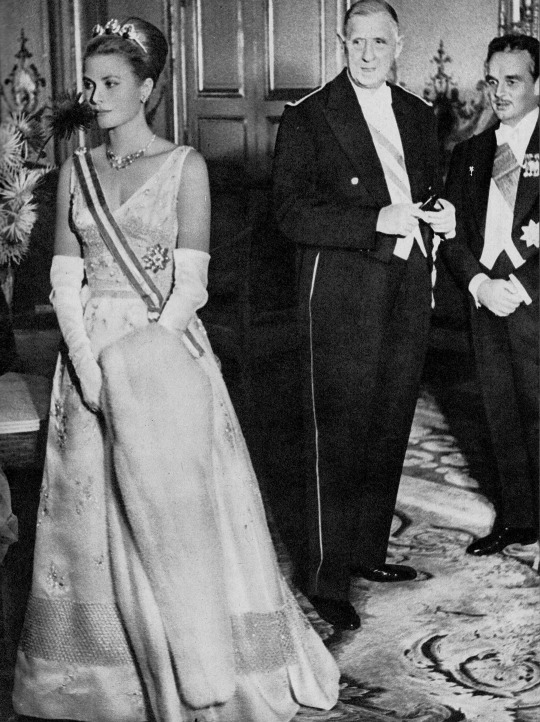
Princess Grace and Prince Rainier of Monaco with French President Charles De Gaulle at the Elysée, Paris, in October 1959.
31 notes
·
View notes
Text

120 notes
·
View notes
Text

Joséphine Baker
Colorization by Klimbim
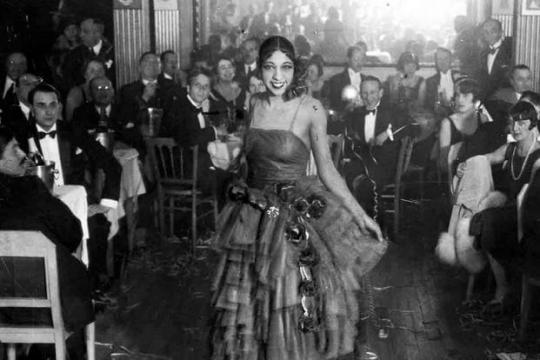
Josephine Baker in a Paris nightclub ca. 1927.
Born in Saint Louis, Missouri, Josephine Baker (1906-1975) would go on to become one of the first African-American women celebrities in France and in Europe more broadly in the 1920s, gaining notoriety for her beauty and innovative performance style but also for her contributions to the French Resistance movement.
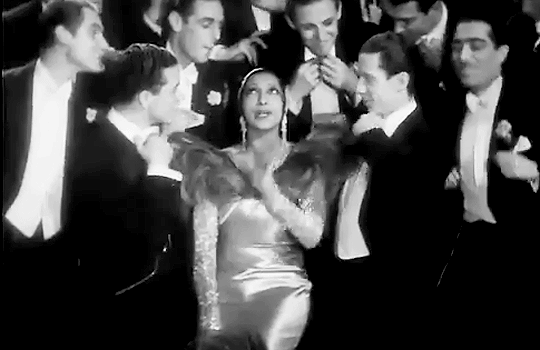
Josephine Baker in Zouzou (1934)
At the outbreak of World War II and the Nazi occupation of France, Baker became a member of the French Resistance movement. Performing for and socializing with members of the German military, Baker used her celebrity to gain confidential information about Nazi strategy and passed this back to the Deuxième Bureau, the French counterintelligence unit.
Additionally, her status as a travelling performer provided cover for her travel to the United Kingdom, where she carried notes about German military operations written in invisible ink on her sheet music to the British authorities. After the war, she returned to global stages with bolstered success. Although she remained in France, Baker was an outspoken activist in the American Civil Rights Movement, often refusing to perform in segregated venues and appearing at demonstrations in Washington, most notably alongside Martin Luther King, Jr. at the 1963 March on Washington. Though some American activists criticized her involvement in the movement, arguing that her lifetime in France had made her disconnected from the contemporary political issues in the United States, Baker argued that her social status in France and experience of relative racial equality in Europe had made her even more aware of and engaged with the fight for equal rights. Josephine Baker continued to be an outspoken advocate for civil rights in appearances around the world up until her death in 1975.
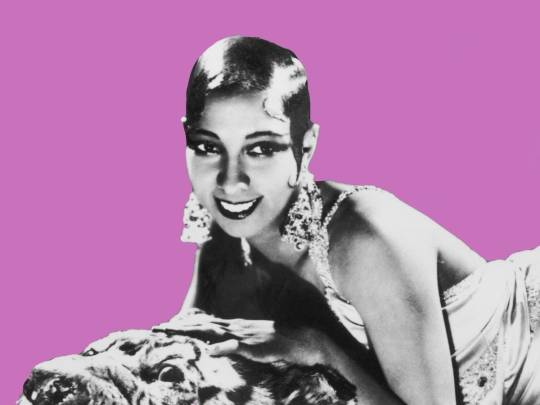
In 1951, the NAACP named her “Outstanding Woman of the Year.”
Baker was highly supportive of the civil rights movement and she spoke directly before Martin Luther King Jr. gave his “I Have a Dream” speech in 1963.
"I have walked into the palaces of kings and queens and into the houses of presidents. And much more. But I could not walk into a hotel in America and get a cup of coffee, and that made me mad."
Following King’s death in 1968, his widow, Coretta Scott King, asked Baker if she would be open to taking the minister’s place in the Movement. She declined, citing concerns for her young children. (she had 2 children & adopted 10 more).
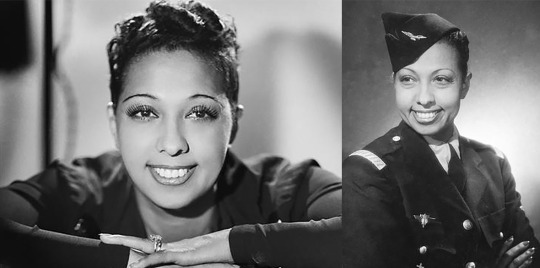
For her wartime contribution, she was awarded the Croix de Guerre, the Rosette de la Résistance and was made a Knight of the Legion of Honor by Gen. Charles de Gaulle himself.
114 notes
·
View notes
Text


Vintage photographs of the Arc de Triomphe in Paris
Photo 1: Roger Henrard, c. 1948
Photo 2: Roger Henrard, c. 1950
#Arc de Triomphe#arc de triomphe de l’étoile#vintage photography#napoleonic#Paris#France#étoile#vintage#20th century#20th century photography#French photography#napoleonic era#first french empire#french empire#monuments#monument#history#place Charles-de-Gaulle#l'arc de triomphe de l'Etoile#Roger Henrard#Henrard#black and white photography#b&w photography
22 notes
·
View notes
Note
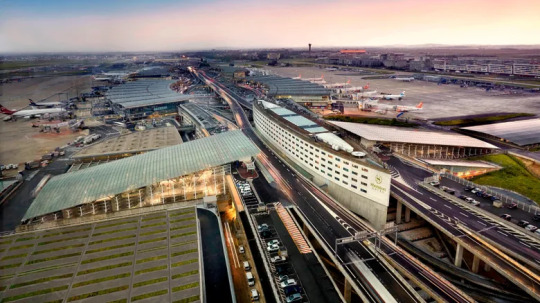
Paris Charles de Gaulle Airport (Paris CDG international Airport)
Roissy (14 miles NE of Paris), France
#have you been here#poll#france#submitter notes ->#I hate the Paris Charles de Gaulle Airport so much‚ its literally my least favorite airport ever. You have to walk through the perfume#giftshop to do a plane transfer‚ and I couldn't find anything to eat under $20. I've never been more grumpy and covered in hives >x(
29 notes
·
View notes
Text
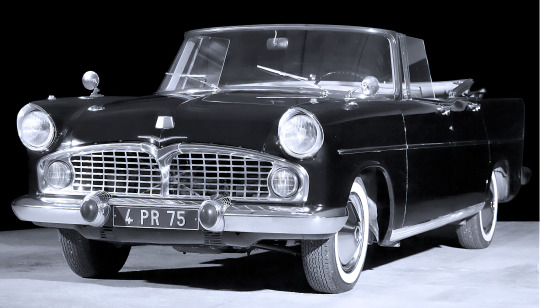

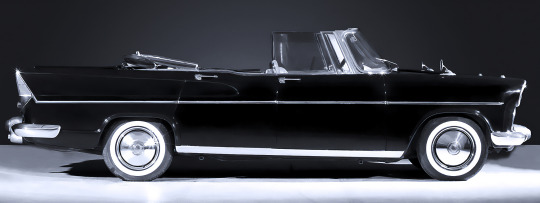

Simca Vedette Presidence Cabriolet, 1957, by Chapron. The V8-engined Vedette was Simca's large luxury car that had its origins in Ford's French subsidiary which Simla acquired in 1954. The Simca mimicked American styling with some sales success. French coachbuilder Henri Chapron built this 4-door convertible based on the second generation Vedette for President Charles de Gaulle and subsequently the Presidence model name was used for the flagship version of the car featuring a luxurious interior, a radiotelephone (a European first).
#Simca#Simca Vedette#Simca Vedette Presidence#chapron#hercules#Henri Chapron#V8#Charles de Gaulle#ceremonial car#open roof#one-off
119 notes
·
View notes
Text
I have finished reading the first volume of the war memoirs of Charles de Gaulle (The Call: 1939-1942).
As I have said before, I was pleasantly surprised by how easily it reads, and how interesting a storyteller De Gaulle is (specially when compared to Churchill's memoirs of the same period).
I went in looking for a different perspective of people and events I was familiar with from English speaking side of documentaries and narratives, but fully assuming I was going to arrive to a "the truth is in the middle" conclusion. So far, I have not, and that is surprising.
De Gaulle is often painted as a guy who identified with and cared for France and its reputation and GloryTM above everything else, and was therefore constantly putting the petty claims of France over the pressing needs of the war with the axis. What he presents is a Britain, and then to an even greater extent, a USA that is putting their petty dislike of him personally, their preconceived notions about France, and the economical and political greed of their governments above the pressing needs of the war with the axis.
And when one turns to Churchill's accounts of the same events, he either confirms De Gaulle's information, or keeps silence on it; he does not offer an alternative interpretation of events. Which is something I very much did not expect at all.
Both Roosevelt and Churchill are playing this game where they cannot really publicly reject De Gaulle and the Free French because their very concept is romantic and widely supported/accepted by the common people both in France and in the US/UK... but they don't like that they have their own agenda and are inflexible about things like French sovereignty. Their blind hope that somehow the US will be able to press Vichy into rejoining the war can only be reasonably explained by their thinking that France surrendered because the French are easily impressionable cowards: the same way they were subjugated by Germany, they could be subjugated by the US/UK and their resources used at leisure by them. The reality that De Gaulle, as a French man who had been in the French Army his whole life, saw in Vichy, was one of tiredness, defeatism, AND antisemitism fueled nazi sympathies. They didn't sign the armistice because they were weak, they signed the armistice because they wanted to not fight or not fight the nazis. History proved De Gaulle right. Vichy was not persuaded to rejoin the allies.
This attempt to appease and persuade Vichy explains the recruitment sabotage: you give De Gaulle 5 minutes on the BBC to talk and rally the French, but on the other hand you undermine his authority and ability to recruit. You attempt to turn him into a romantic, quixotic figure, useful to you but not to French interests.
The documentaries tell you of all the French soldiers that were rescued at Dunkirk, but they don't tell you that the Free French were sometimes prevented from ever interacting with them, and sometimes, when allowed, British officers would then afterwards impress upon French soldiers that if they joined the Free French they would be betraying the authorities of their country and subjected to court martial if the enterprise failed; that most of them were sent back to France. They don't tell you of the times the UK allowed ships deporting degaullists from the French colonies to the metropoli to pass, and therefore weakening De Gaulle's chances of taking those colonies over -because they had an eye on taking at least part of those for the UK. Or how when they did try to take over, they stopped the Free French from recruiting between French forces, took the armament and resources left behind for themselves, and also took over native battallions and absorbed them into the British armed forces. Suddenly the "this cute, endearing figure who only managed to command about 70.000 men" narrative turns into "this man managed to recruit about 70.000 men despite being on exile, his country being half occupied half ruled by colaborationists that had put a price to his head, and his allies constantly sabotaging him. He also managed to take over several colonies, organize the scattered resistance on French soil, and put the Free French on every front of the war."
So. Hm. Yeah. I went in expecting to better understand the conflicts between Churchill and De Gaulle, FDR and De Gaulle as a matter of "both sides had reasonable and unreasonable reasons" and so far I think by the end I will come around to think De Gaulle was actually the less petty and most honest of the three. Stay tuned XD
20 notes
·
View notes
Text

"You raise the blade, you make the change.” ― Pink Floyd
Charles de Gaulle Airport *
#photographers on tumblr#tamurakafkaposts#travel#black and white#when in paris in may#charles de gaulle
63 notes
·
View notes
Text
Conférence de presse du 27 novembre 1967
Interrogé sur la situation au Proche-Orient, de Gaulle vint alors à déclarer que beaucoup se demandaient si « les Juifs, jusqu'alors dispersés, mais qui étaient restés ce qu'ils avaient été de tout temps, c'est-à-dire un peuple d'élite, sûr de lui-même et dominateur, n'en viennent, une fois rassemblés dans le site de leur ancienne grandeur, à changer en ambition ardente et conquérante les souhaits très émouvants qu'ils formaient depuis dix-neuf siècles : l'an prochain à Jérusalem »
#Général de Gaulle#de gaulle#france#palestine#sioniste#sionisme#jérusalem#jerusalem#juifs#proche Orient#israël#israel
20 notes
·
View notes
Text

🇨🇵 25 Août 1944 🇨🇵Libération de Paris🗼
" ...Paris martyrisé, mais Paris libéré..."
Général de Gaulle
#gif animé#gifer#libération de paris#25 août 1944#histoire#quotes#général de gaulle#histoire de france#paris#fidjie fidjie
47 notes
·
View notes
Text
Ideas for future episodes of “Epic Rap Battles of History”:
1) Emily Dickinson vs. Maya Angelou (theme: two of the greatest female poets)
2) Ho Chi Minh vs. Charles de Gaulle (theme: two leaders of independence movements)
3) Akira Kurosawa vs. Hayao Miyazaki (theme: two Japanese directors who changed cinema)
4) Audie Murphy vs. Steve Rogers aka Captain America (theme: real-life American WWII hero against a fictional one)
5) Hattori Hanzo vs. Naruto Uzumaki (theme: real-life ninja against a fictional one)
6) Audrey Hepburn vs. Katharine Hepburn (theme: battle of the world-famous actresses who share the same surname)
7) Fictional Lawyer Battle Royale (Atticus Finch vs. Perry Mason vs. Saul Goodman vs. Matt Murdock/Daredevil vs. Phoenix Wright)
#epic rap battles of history#erb#youtube#emily dickinson#maya angelou#ho chi minh#charles de gaulle#akira kurosawa#hayao miyazaki#audie murphy#steve rogers#hattori hanzo#naruto uzumaki#audrey hepburn#katharine hepburn#atticus finch#perry mason#saul goodman#matt murdock#phoenix wright#rap battle
52 notes
·
View notes
Text


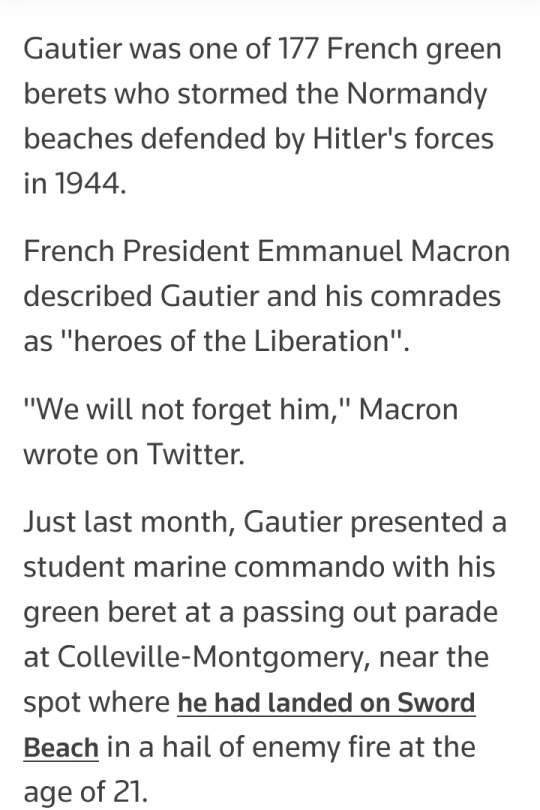



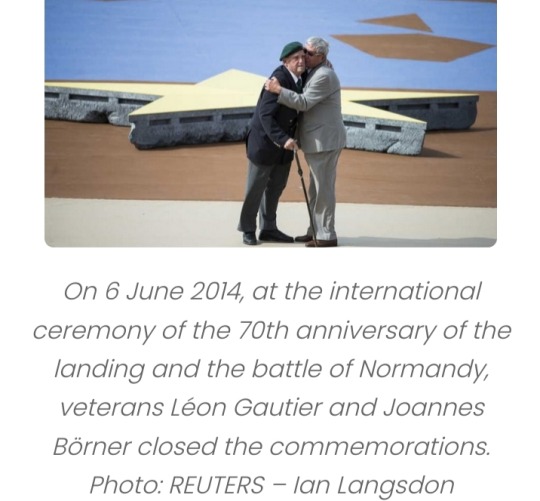
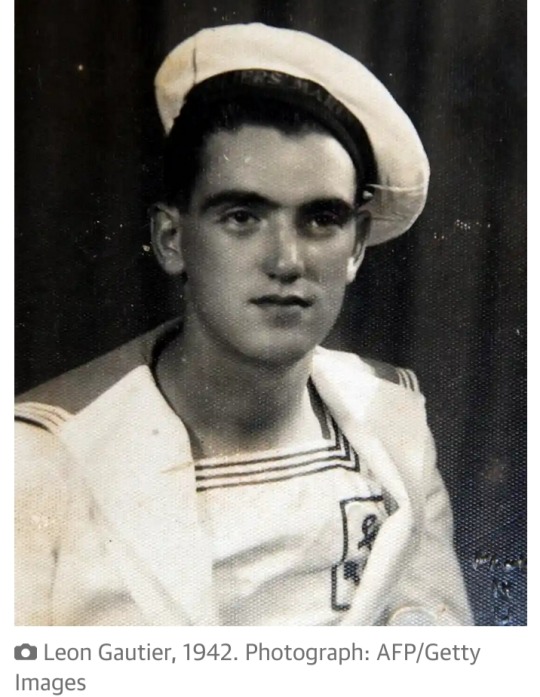
Leon Gautier (October 27, 1922 - July 3, 2023)
#Leon Gautier#D-Day#World War II#1944#Normandy#France#French green berets#Sword beach#Emmanuel Macron#General Charles de Gaulle#Free French Naval Forces#French Navy#Free French Forces#Allies#war#D-Day invasion#war veteran
50 notes
·
View notes
Text
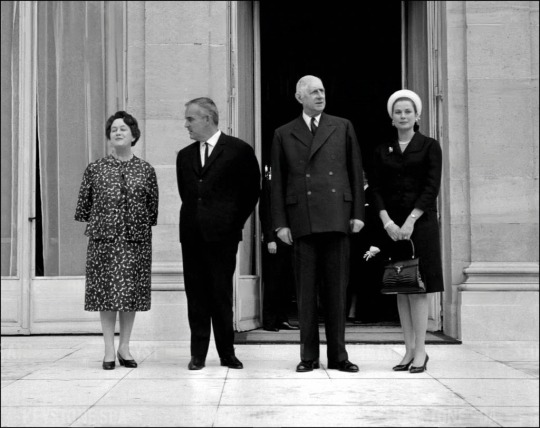

Prince Rainier of Monaco and Princess Grace pose, on April 27, 1965, with General Charles de Gaulle and his wife Yvonne on the steps of the Elysee Palace in Paris.
10 notes
·
View notes